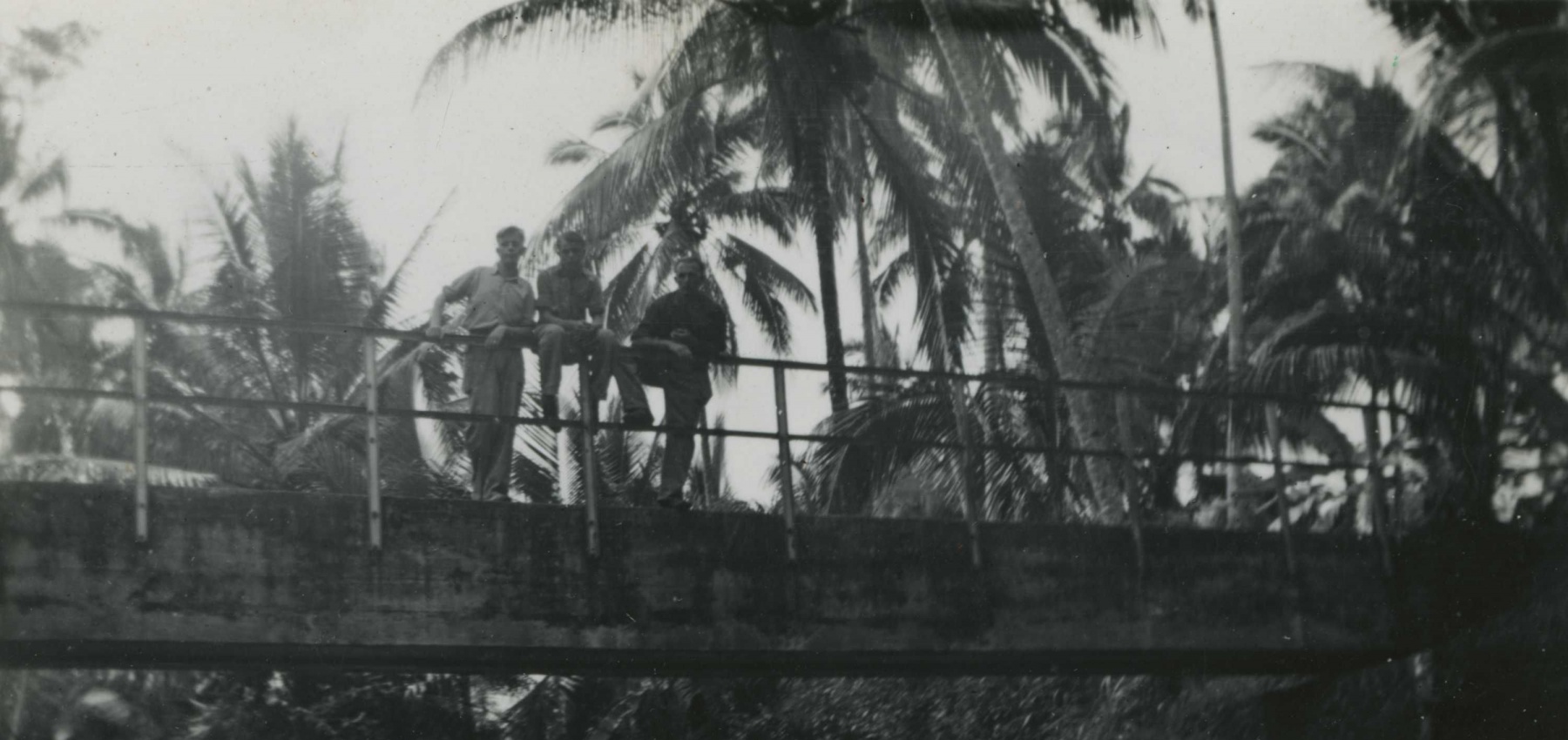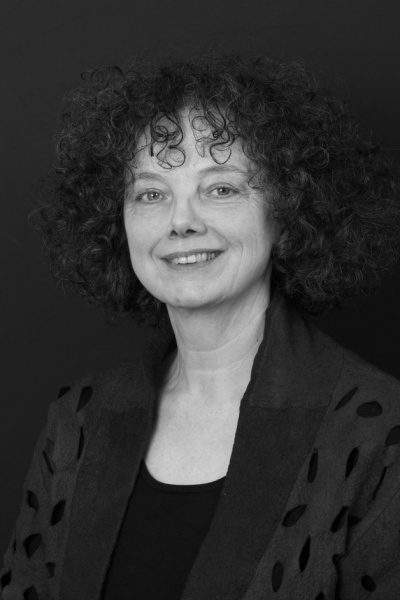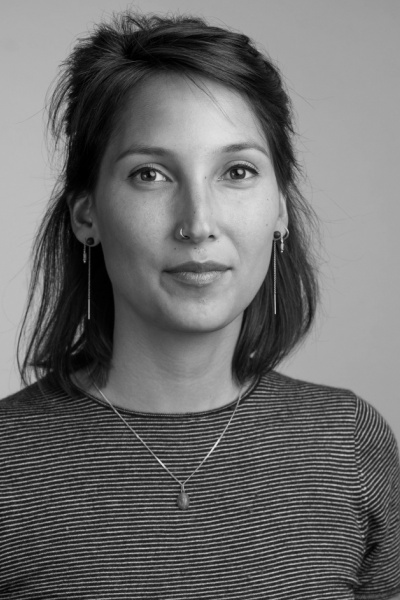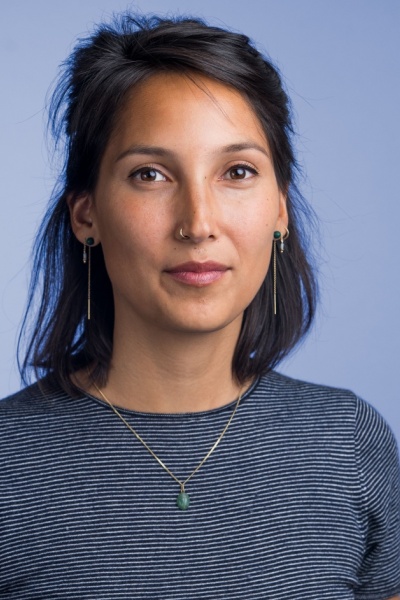What is the relationship between history and memory? What, if anything, can or should be done if the history books contain something that is inconsistent with your own recollections or the recollections of your father or mother, or those of your grandfather or grandmother? Questions of this kind often give rise to debate, which can sometimes be very heated. The purpose of Getuigen & Tijdgenoten (Witnesses & Contemporaries), one of the projects of the current Onafhankelijkheid, dekolonisatie, geweld en oorlog in Indonesië, 1945-1950 (Independence, decolonisation, violence and war in Indonesia, 1945-1950) research programme, is to record the personal recollections of people who lived through the era. The project focuses on narratives that are less known and on recollections that come to be interpreted differently in the course of time.
Historiography and memory are not always in conflict. Books sometimes complement recollections like pieces of a puzzle that were previously missing, just as interviews can add to a familiar narrative. During an interview for our project, a man of Dutch heritage recalled his experiences in Bandung at the beginning of 1946: ‘At the time, we had no idea what was happening in the southern part of the city, which was controlled by the Indonesians. It was only many years later, (...), that I read a book that described the events that had taken place just a few kilometres from my home.’ In an interview for the same project, an Indonesian man remembered the time in a very different way. As an 18-year-old member of BKR, the People’s Security Agency of the Indonesian republicans, he patrolled the area in which the railway station was located to protect the southern part of the city against Allied attacks from the north. On 23 March 1946, buildings located in the southern part of Bandung that were of strategic importance to the Dutch were set on fire by retreating Indonesian troops. As a young man, he was in the thick of the chaos that saw many people fleeing their homes. This day later became known as Bandung Lautan Api, the Bandung Sea of Fire. He could see that fire was turning the sky red, ‘but that was all I knew. I only knew that everything was being set on fire. I was never told anything.’
These examples show that recollections can never be entirely complete. The sea of fire on the other side of the demarcation line in Bandung and the panic that engulfed that part of the city were not part of the memory of the man of Dutch heritage, even though the events were taking place virtually next door. Regarding descriptions of historical events, it is not surprising that there is a major difference between the dominant narrative – the nationally recognised narrative as told in school textbooks and museums – and the many personal narratives. This situation becomes problematic, however, when the dominant narrative primarily or exclusively emphasises elements and perspectives that legitimise the ruling power. Such an approach does a disservice to the past and, moreover, causes more complicated narratives and ‘undesirable’ perspectives to be swept under the carpet. Fortunately, a one-size-fits-all version of history, certainly when it comes to a colonial past, gives rise to a growing number of questions and generates opposition.
Previously, certainly in the Dutch official version, the colonial past was presented as a success story. There had of course always been numerous historical events and experiences that could undermine this view. Examples in this regard include the many uprisings and wars that occurred during the time that Indonesia was a colony of the Netherlands, as well as the pronounced daily injustices of colonial life. In the dominant perspective of the Netherlands, however, the events and experiences referred to continue to remain under the radar.
It is time to provide greater scope for different narratives and different considerations. The words of people who have until now been largely ignored or disregarded altogether in the Netherlands must be heard. Greater scope must likewise be provided for people whose recollections were ‘stowed away’ in a corner of the mind and for people who now assess the experiences they had at the time differently as a result of events that occurred over seventy years ago again being in the spotlight. For example, some Dutch veterans who believed that they were doing the right thing during their time in the service as conscripts or volunteers in the 1940s now question what they were really doing in Indonesia.
Given that the colonial past and the representation of that past are increasingly being considered from different perspectives, the record of experiences being developed is giving us insight into how memories change in the course of time and into the way in which memories are recalled and influenced by societal discourses. Such a record also makes it possible and entails a responsibility to shed light on the personal recollections, particularly Indonesian recollections, of witnesses who have been heard only to a limited extent in the Netherlands and, by shedding that light, to challenge the Dutch perspective regarding the 1945-1950 war of independence in Indonesia.
This blog post was previously published on the Over de Muur website.






